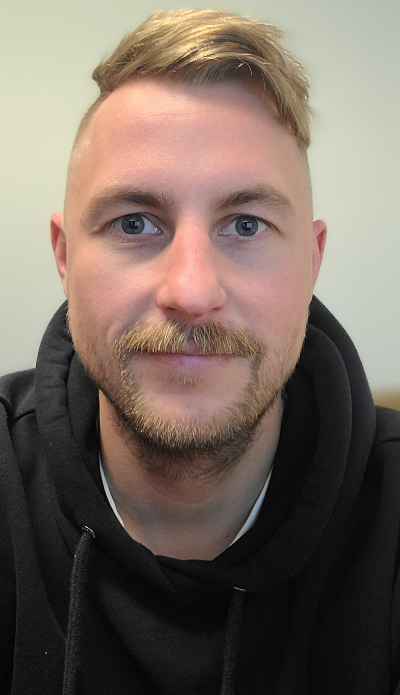About Me

- Name: Christopher Künneth (Kuenneth)
- People call me: Chris, Kü
- Date of birth: April 1988
- Pronouns: He/him/his
- Nationality: German
- Email: [email protected]
- Affiliation: University of Bayreuth
I am hiring and have open PhD positions. Contact me if you are interested.
Who I am ?
Hi 👋 I am Chris, an Assistant Professor at the University of Bayreuth (UBT), Germany. My research group at UBT strives to
democratize materials informatics for streamlining materials discovery, design, development, and deployment.
What I Did ?
I recieved my PhD (Latin: Dr. rer. nat. [doctor rerum naturalium], German: Doktor der Naturwissenschaften) from the Technical University Munich in collaboration with the Munich University of Applied Sciences in 2018. My doctoral reasearch focused on investigating the ferroelectric and pyroelectric effects in hafnium dioxide (HfO\(_2\)) and zirconium dioxide (ZrO\(_2\)) thin films (thickness ~\(\text{nm}\) range) using materials informatics tools such as the density functional theory (DFT) or molecular dynamics (MD).
After graduation, I was awarded the Feodor Lynen fellowship for postdoctoral researchers by the Alexander von Humboldt Foundation. I commenced this fellowship in February 2019 at the Ramprasad Group, located in the Georgia Institute of Technology in Atlanta. My research in the Ramprasad group revolved around the application of machine learning methods in field of materials sciences. Specifically, I designed advanced machine learning tools that predict properties of polymers or design polymers to meet specific property requirements. The models I developed are available on the Polymer Genome project website.
People may call me a "materials computer scientist" or "computational materials scientist" 🤔.
What I Do Now ?
ChatGPT:Chris' vision for his research group at UBT is to democratize materials informatics, making materials discovery, design, and development more streamlined and accessible. His work in the field of machine learning in materials science is a testament to his dedication to advancing the field and making it more accessible to all researchers.
